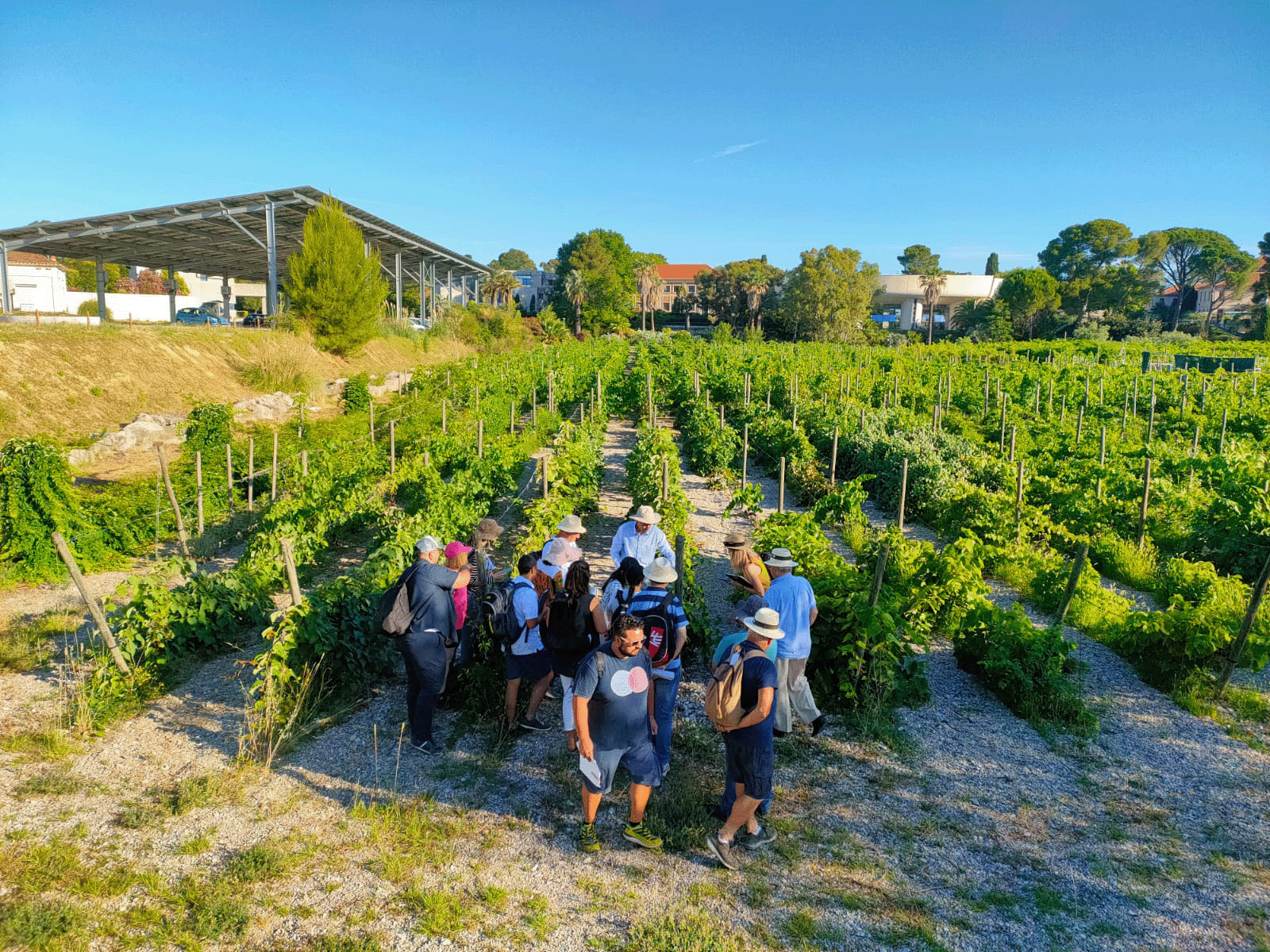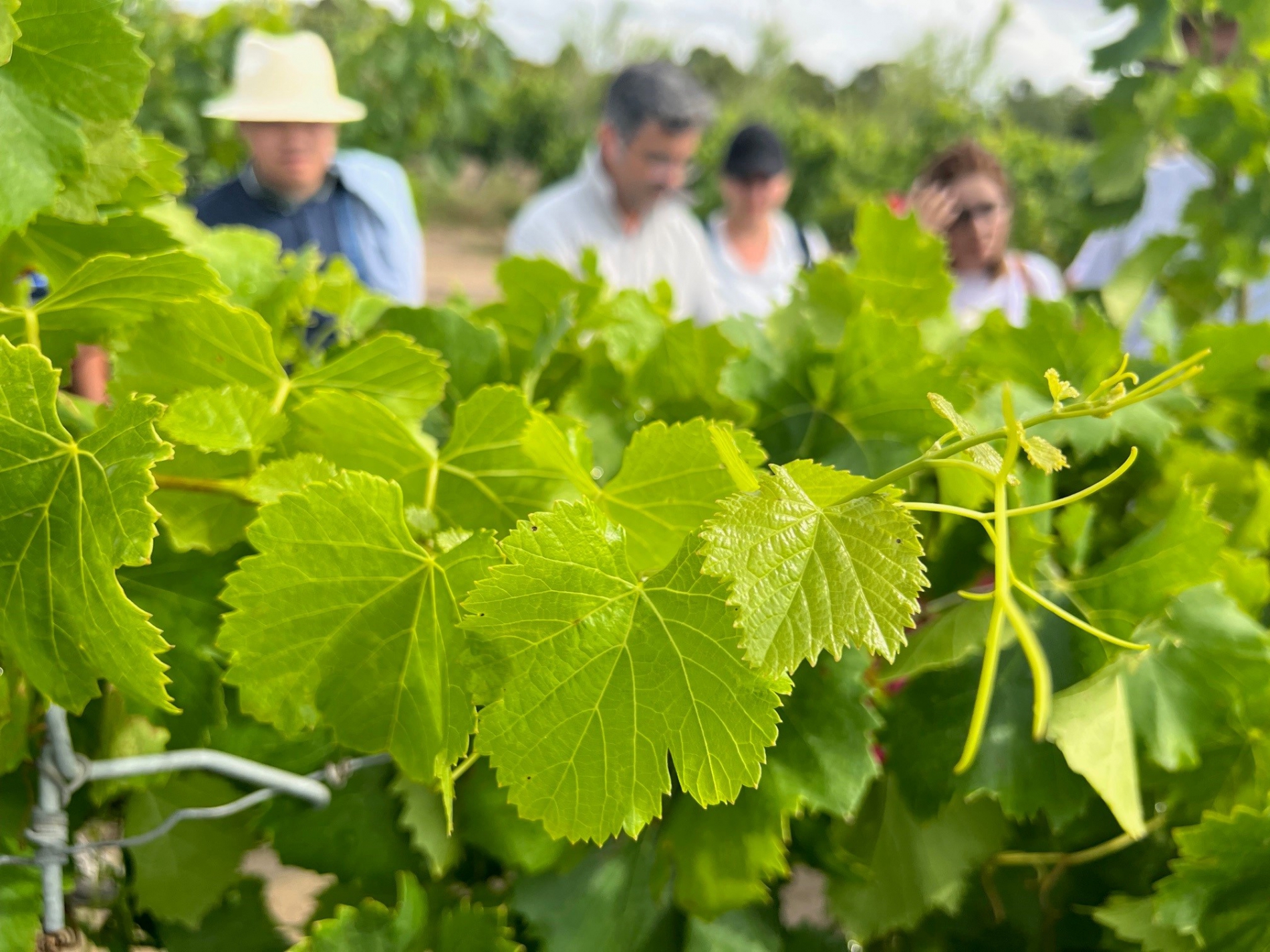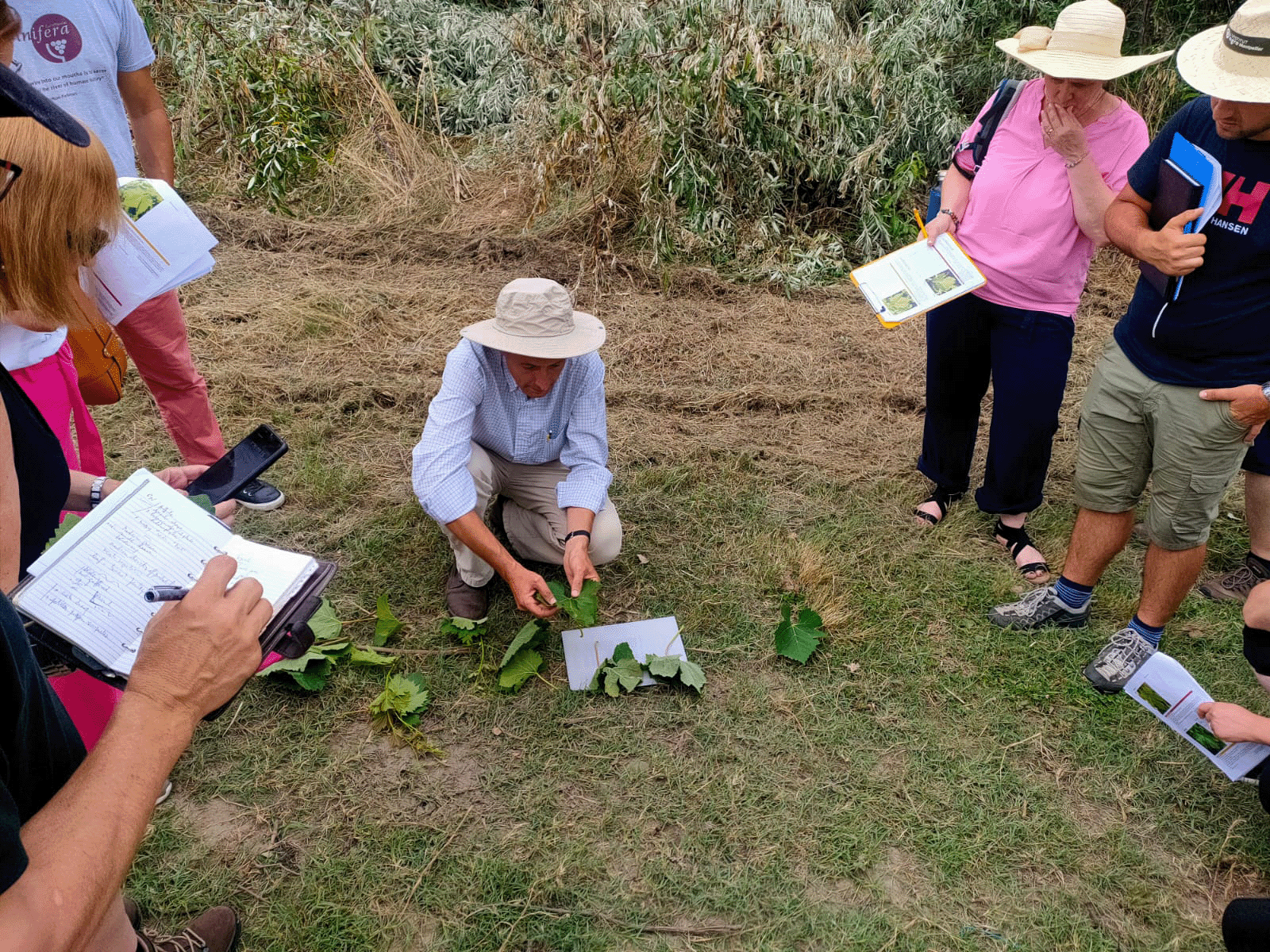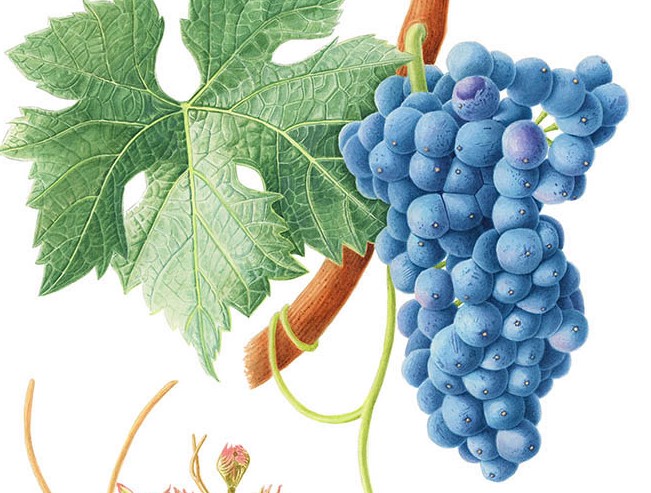
This ampelography course allowed participants to acquire in-depth knowledge in the identification and understanding of vine varieties, helping to better prepare them for future issues facing the vitivinicultural sector.
The opening ceremony was attended by Pau Roca, Director General of the OIV, Carole Sinfort, Director of l'Institut Agro Montpellier, Sylvain Labbé, President of the Occitanie-Montpellier INRAE Centre, Laurent Audeguin from the French Wine and Vine Institute (IFV) and Laurent Torregrosa, Director of the Institute for Higher Education in Vine and Wine (IHEV). They represent the establishments with which the OIV has established partnerships for the purposes of conducting the course.
The cradle of modern ampelography since the end of the 19th century, the Montpellier region has played a fundamental role in the promotion, conservation, study and research of vine varieties. Personalities such as Gustave Foex, Pierre Viala, Pierre Galet and Jean-Michel Boursiquot evoke tradition and innovation within the world vitivinicultural sector.
These aspects of tradition and innovation have formed the basis of the programme for the ampelography course that the OIV has been running in partnership with l’Institut Agro Montpellier, the French Wine and Vine Institute (IFV) and the National Research Institute for Agriculture, Food and Environment (INRAE).

The course has been taught by a staff of internationally renowned professors made up by Cécile Marchal (INRAE Montpellier – France), Jorge Cunha (INIAV - Portugal), Thierry Lacombe (INRAE – Institut Agro Montpellier – France), Gregorio Muñoz (IMIDRA – Spain), Laurent Audeguin (IFV – France), Christophe Sereno (IFV – France) and Olivier Yobregat (IFV – France) et Christophe Sereno (IFV – France). The staff that has implemented a course with theorical and practical sessions that have successfully addressed the main aspects of ampelography and grapevine genetic resources.
The 29 students of 15 nationalities had the privilege of visiting and working in three exceptional sites: the Pierre Galet experimental and teaching vineyard, the only artificial vineyard in the world dedicated to training and research; the INRAE Experimental Unit of Domaine de Vassal, the biggest ampelographic collection in the world with 8500 accessions originating from 50 different countries; and Domaine de l’Espiguette, a National Plant Material Centre and centre for vine selection where 4600 clones representing 600 varieties are cultivated.

During the opening ceremony, tribute was paid to Jean-Michel Boursiquot, the former Vice-President of the OIV and Professor of Ampelography at l’Institut Agro Montpellier, who retired at the end of 2020. It was the moment for the OIV to commend this eminent figure and highly regarded professional, who contributed immensely to promoting this discipline and developing research in this field.
In line with the Organisation’s scientific and technical objectives of international scope, the Director General of the OIV has already confirmed the organisation of the 3rd ampelography course for November 2023 in Chile.
Find out more...
Ampelography has been an emblematic discipline of the l’Institut Agro Montpellier and INRAE in the Occitanie region for over 140 years. Its history over many decades has been marked by world-renowned specialists dedicated to research and viticulture. Veritable pioneers for their times and still today (Gustav Foex, Pierre Viala, Louis Ravaz, Jean Branas, Pierre Galet and Paul Truel, Jean Michel Boursiquot…), they have raised this discipline to a high level of international recognition in the vine and wine world. Encouraged by these leading researchers and professors in ampelography, exceptional varietal collections have been created and developed over the years with the support of scientific and technical teams from the Grande École l’Institut Agro Montpellier (formerly SupAgro) and the Occitanie INRAE centre.

The Marselan is a cross between two grape varieties, Grenache and Cabernet-Sauvignon. It was first bred by Paul Truel in 1961.
Now considered reference collections on a global level, the Vassal ampelographic collection at Marseillan-plage and the Pierre Galet experimental and teaching vineyard on the La Gaillarde campus in Montpellier comprise a diversity of vine varieties unique in the world. Thanks to the richness of these varietal collections and the expertise of the teacher-researchers who work collectively within mixed research units on the impacts of climate change on vine and wine, innovative, ampelographic-knowledge-based solutions have been tested to identify resistant varieties best adapted to climatic variations.